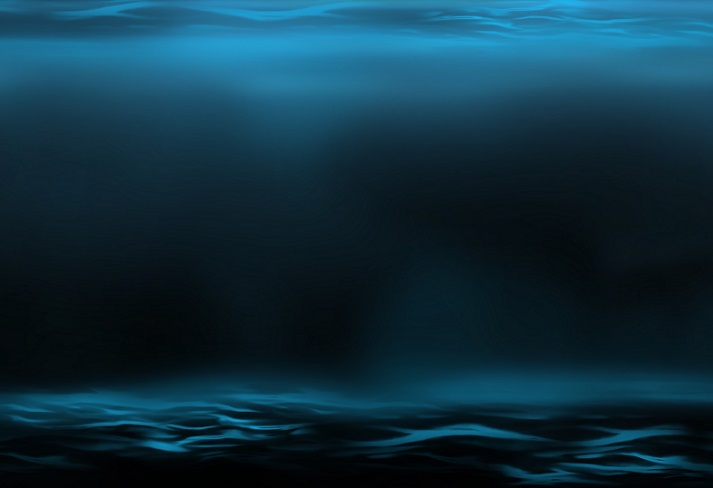Wind
The region of calm air around the equator, at 0o latitude, is known as the ___________________
Doldrums / Intertropical Convergence Zone
_______________________, as opposed to climate, is the given atmospheric conditions for a specific place and time
Weather
____________________ form when an advancing cold front meets a warm front, causing it to rise. The severity of this storm depends on the speed and temperature difference of the air masses.
Thunderstorms
Which ocean landform is being depicted below?
Seamount
Air always moves from areas of ______________ pressure to areas of _______________ pressure
High to low
The wind belts occupying areas 3 and 4 on the diagram are known as the ________________________
Trade Winds
A continental polar air mass forms over (land/ocean) and is relatively (cold/warm)
Land, cold
________________________ form in the corridor spanning from Texas to South Dakota, where cold air from Canada meets warm air from the Gulf of Mexico

Tornadoes
The continental shelf, continental slope, and continental rise are together known as the ________________________
Continental margin
Uneven heating from the sun causes air at the equator to ________________ and air at the poles to ___________________, creating a convection current
Rise, sink
Which numbers on the diagram represent the Prevailing Westerlies?
2 and 5
________________ _________________ is the force of the atmosphere above a given point, and is measured with a barometer.
Air pressure
Tornadoes form from large, long-lasting thunderstorms called _________________ __________________
Supercell thunderstorms
The majority of the ocean floor is comprised of a flat surface known as the _______________________

Abyssal Plain
Coriolis Effect
The wind cells found between the equator and 30o North and South latitudes are known as ______________________________

Hadley Cells
The picture below is depicting a ______________ ______________, in which a warm air mass advances and meets a cold air mass, producing mild and long-lasting weather
Warm front
Hurricanes
Circulation cells formed by surface currents that move heat energy from equatorial to polar latitudes are known as ___________________
Gyres
Winds traveling from the poles to the equator are moving relatively (faster/slower) than their surroundings, causing them to curve to the (left/right)
Slower, left
These bands of air in the upper atmosphere can travel for thousands of kilometers, and move at speeds of up to 300 km/hr.
Jet streams
What type of front is being depicted below?
Stationary Front
The ______________ _______________ is the deadliest part of a hurricane, in which ocean water is pushed inland by hurricane winds
Storm Surge
The two characteristics that affect the movement of deep ocean water are ___________________ and __________________